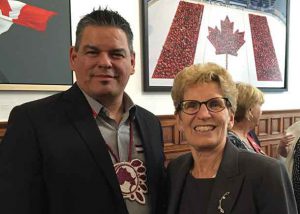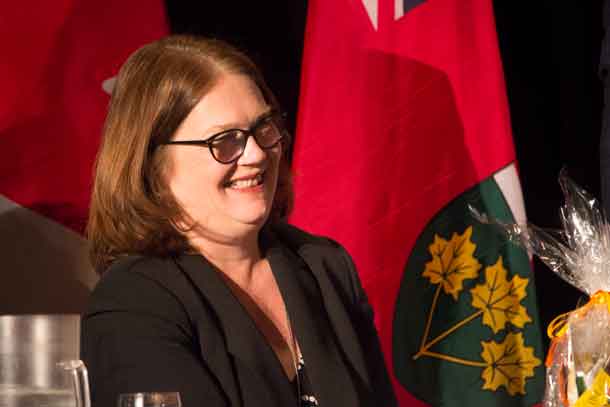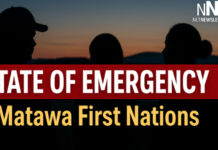
Thunder Bay, ON – The severe over-representation of Indigenous children in child welfare systems has reached crisis proportions. First Nations, Inuit and Metis Nation children make up more than 50% of children in foster care. Full reform is needed with a single objective in mind: to keep First Nations, Inuit and Metis Nation children safe, healthy and thriving within their families, communities, and culture.
The federal government recognizes the critical importance of reform being led by Indigenous leaders and communities in alignment with the United Nations Declaration on the Rights of Indigenous Peoples and the Truth and Reconciliation Commission Calls to Action.
Minister Jane Philpott, Federal Minister of Indigenous Services convened a two-day emergency meeting in Ottawa to bring all partners together in January 2018, in order to address the crisis head-on. Leaders from the Assembly of First Nations. Inuit Tapiriit Kanatami, Metis National Council, regional Indigenous leadership, and youth delegates, who had been in the foster care system, the federal, provincial and territorial governments gathered to discuss the causes that lead to the high rate of children in care and work together towards reform. Among issues discussed were: data collection, youth perspectives, community wellbeing, innovative jurisdictional approaches, and First Nations, Inuit and Metis Nation Child and Family Service programs.

“The importance of laying a framework for recognizing First Nation jurisdiction on Child Welfare is the most vital policy discussion that we face; as Ontario First Nations, Canada and Ontario meet on the matter. A cooperative and coordinated outcome will be our primary effort as we organize these first steps – the authority to choose the best path forward will ultimately rest with our Frist nation leadership and Child Welfare authorities. There can be no other option but full First Nation control,” states Ontario Regional Chief Isadore Day.
The federal government has committed to six points of action:
- Continuing the work to fully implement all orders of the Canadian Human Rights Tribunal, and reforming child and family services including moving to a flexible funding model;
- Shifting the programming focus to prevention and early intervention;
- Supporting communities to draw down jurisdiction and explore the potential for co-developed federal child welfare legislation;
- Accelerating the work of trilateral and technical tables that are in place across the country;
- Supporting a data and reporting strategy with provinces, territories and indigenous partners.
To ensure concrete actions and steps are taken to keep children with their families, communities, and culture and build on the commitments made to date, in April 2018, a shared priority for Canada, Ontario and Chiefs of Ontario signed a joint commitment on Policy and Funding Reform for First Nations Child and Family Services in Ontario to improve outcomes and opportunities for all First Nations children, youth, and families in Ontario, and to reduce the number of children and youth in care.
Budget 2018 provides $1.4 billion in new funding over six years, starting in 2017-18, to address funding pressures facing First Nations child and family service agencies, while also increasing prevention resources for communities so that children are safe and families can stay together.






